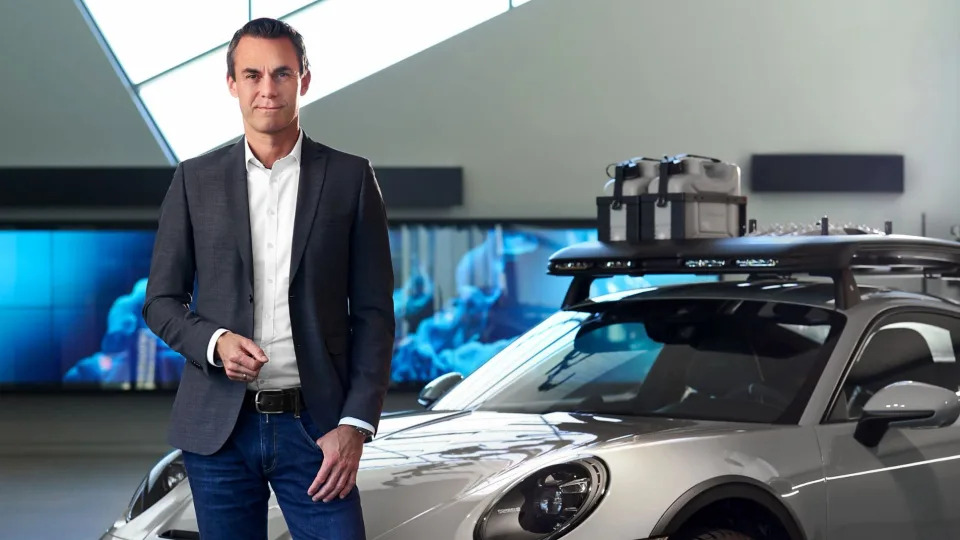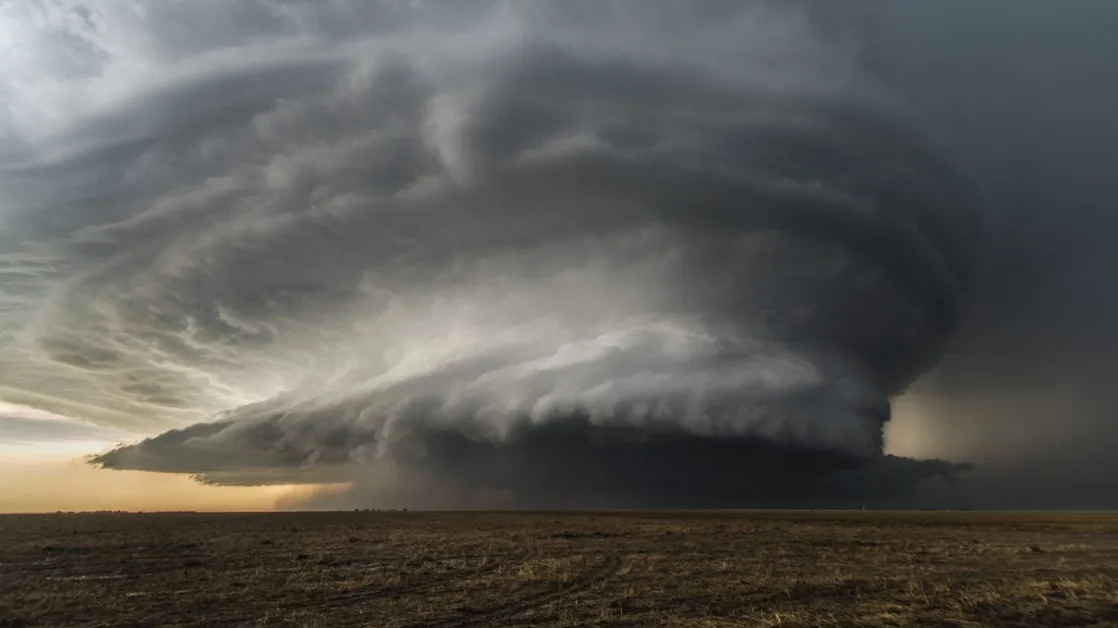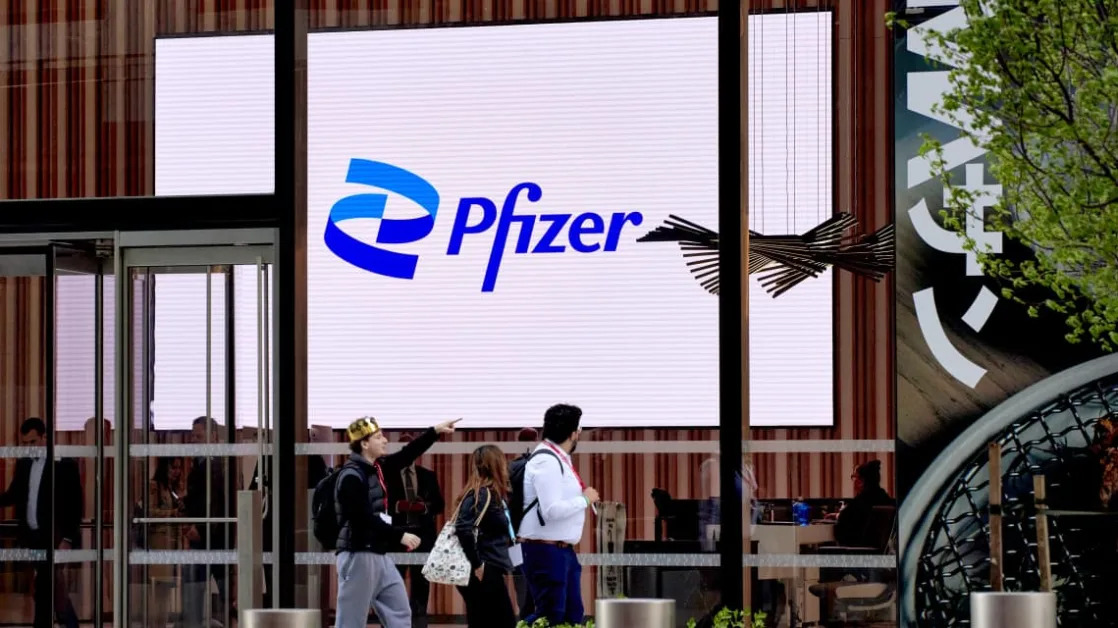
Porsche’s path to electrification rides on the success of the battery-powered variant of its bestseller, the Macan.
U.S. sales of the electric compact crossover are off to a brisk start since deliveries began in late September.
Porsche sold 2,771 electric Macans last year. The plug-in variant accounted for 11 percent of total Macan sales in 2024, lifting the sports car maker’s U.S. volume to a new record of 76,167 vehicles.
“A lot of the consumers that come into the Macan Electric are [new to the] brand,” Porsche Cars North America CEO Timo Resch said on a Jan. 9 call with reporters. “That’s exactly what we wanted to achieve: continue our strong Macan ICE model offer and then adding people looking in the segment for an electric” vehicle.
Porsche Taycan sales stumble
Porsche’s other EV, the Taycan, has struggled amid price competition from German rivals and Tesla.
U.S. sales of the Taycan tumbled 37 percent to 4,747 last year.
Last summer, Porsche updated the fastback with an improved suspension and increased power, range and acceleration.
“The current generation of the Taycan is as good as any electric car can be,” Resch said. “But we also acknowledge that maybe in a slightly slower BEV market, it’s the right thing to have a fantastic offer.”
However, he said the premium brand will not sacrifice margins for market share.
“If the overall market in the BEV segment is slightly reducing its speed of adoption ... then we will take appropriate decisions,” he said. “But it’s not our aim to start a pricing discussion because that’s not what our brand is about.”
Longer timeline for electric transition
Porsche is reassessing its EV targets as demand lags expectations in key markets such as the U.S. and China.
The brand previously said it aimed for 80 percent of sales to be all-electric by 2030. But it has since backpedaled from that goal .
“The transition to electric cars is taking longer than we thought five years ago,” Porsche said in a July 22 statement. “Our product strategy is set up such that we could deliver over 80 percent of our vehicles as all electric in 2030 — dependent on customer demand and the development of electromobility.”
The slowdown in EV sales is reshaping Porsche’s product plans .
The electric Cayenne planned for 2026 could be delayed, as will battery-only variants of the 718 Cayman and Boxster sports cars, according to Automobilwoche, an affiliate of Automotive News in Germany.
Resch said that while the “tipping point might be a little bit later than predicted two or three years ago, the overall direction (toward electrification) is clear.”
In the meantime, Porsche is expanding its portfolio of mild and plug-in hybrid vehicles while working to keep its combustion-engine variants competitive.
Porsche is positioned as a consumer demand-driven brand, Resch said. “It’s all about offering the right choice to our customers, not forcing anyone into any drivetrain,” he said.
Porsche said it will continue to develop combustion versions of the Cayenne large crossover and the Panamera sedan.
“We are currently looking at the possibility of the originally planned all-electric vehicles having a hybrid drive or a combustion engine,” Porsche CFO Lutz Meschke told analysts on an Oct. 25 earnings call. “We are currently in the middle of making conceptual decisions. What is clear is that we are sticking with the combustion engine for much longer.”





